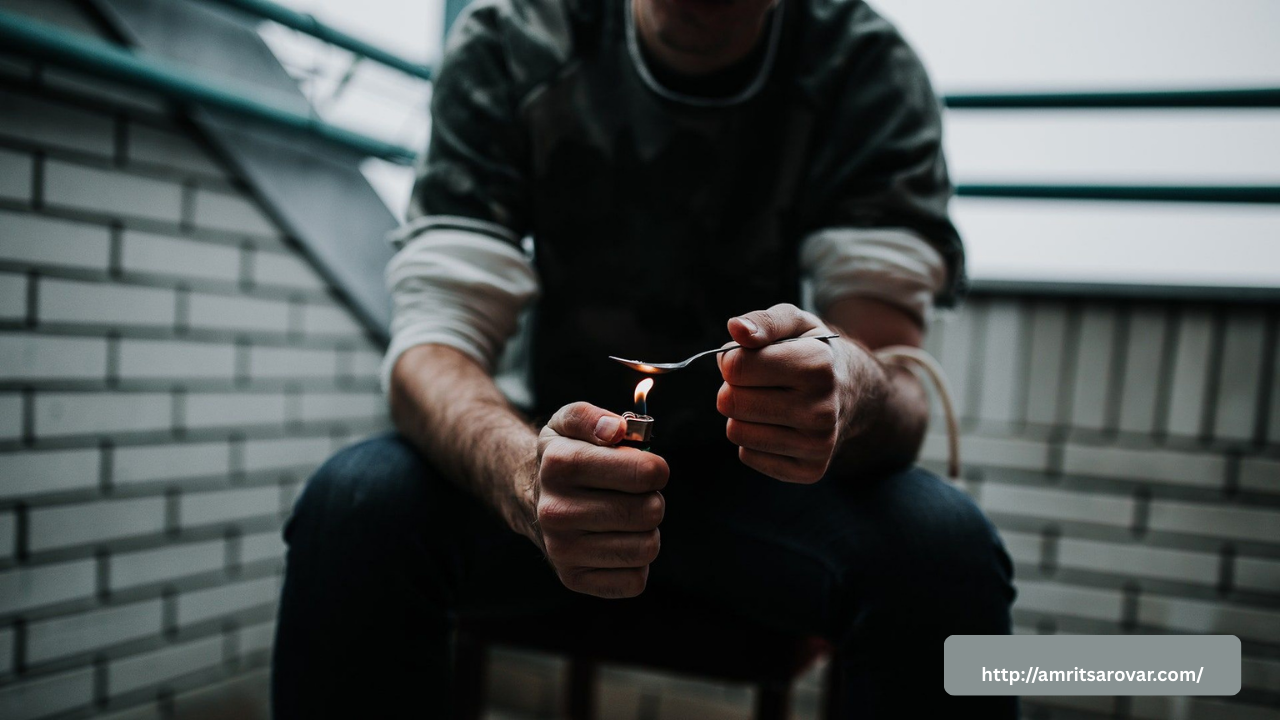For many caught in its grip, addiction takes on the form of a religion. It becomes a central, all-consuming force, complete with rituals, sacrifices, devotion, and a false sense of salvation. The similarities between religious worship and addictive behavior are striking, and they reveal a deeper truth: addiction is not merely a physical or psychological affliction; it is also a profound spiritual crisis. Understanding why addiction feels like a religion can shed light on the powerful hold it has over individuals and offer a clearer path toward recovery.
The Rituals of Addiction
Religion often involves rituals—repeated actions that connect believers to the divine. Addiction mirrors this structure. Addicts develop intricate routines around their substance or behavior: obtaining the drug, preparing it, using it, and managing the aftermath. These rituals provide a temporary sense of order and meaning, much like religious practices are designed to create a connection to something greater. The predictability of these rituals becomes comforting, even sacred, to the addict.
Worship and Devotion
In religious life, worship is an act of devotion, placing trust and hope in something believed to be greater than oneself. Addiction demands the same kind of devotion. The addict turns to their substance for relief, escape, and even a sense of identity. Over time, the substance becomes the ultimate authority, dictating choices and behaviors. Just as religious followers might organize their lives around their faith, addicts organize their lives around their next fix, demonstrating complete devotion to their idol.
The Illusion of Salvation
Religion promises salvation—freedom from suffering and connection to ultimate truth. Addiction offers a counterfeit version of this promise. The first experiences with a substance or behavior may bring intense pleasure or relief, creating the illusion of salvation. However, this sense of deliverance is short-lived. Over time, what once brought a feeling of liberation becomes a source of deeper bondage and suffering. Addiction’s promise of salvation ultimately proves to be a cruel deception.
Sacrifice at the Altar of Addiction
Every form of worship requires sacrifice. In addiction, individuals sacrifice their health, relationships, careers, and dreams at the altar of their idol. The deeper the addiction, the greater the cost. Just as religious devotees might offer tithes, time, and effort to their faith, addicts offer up the most precious aspects of their lives in service to a destructive force that demands everything and gives nothing lasting in return.
Recovery as Spiritual Rebirth
Breaking free from addiction is not only a physical detoxification; it is a spiritual rebirth. It requires tearing down the idol and reorienting one’s devotion toward something truly life-giving. Many find this renewal through faith, community, and rediscovering a sense of purpose. Recovery often involves building new rituals, forming healthy connections, and embracing true sources of hope and strength.
Conclusion
Addiction feels like a religion because it taps into the same deep human needs for meaning, connection, and salvation—but offers only a false and destructive version. Recognizing this parallel helps to illuminate the spiritual dimension of recovery. True healing comes not just from breaking a habit, but from redirecting the heart’s devotion toward what can genuinely bring life, hope, and lasting freedom.

